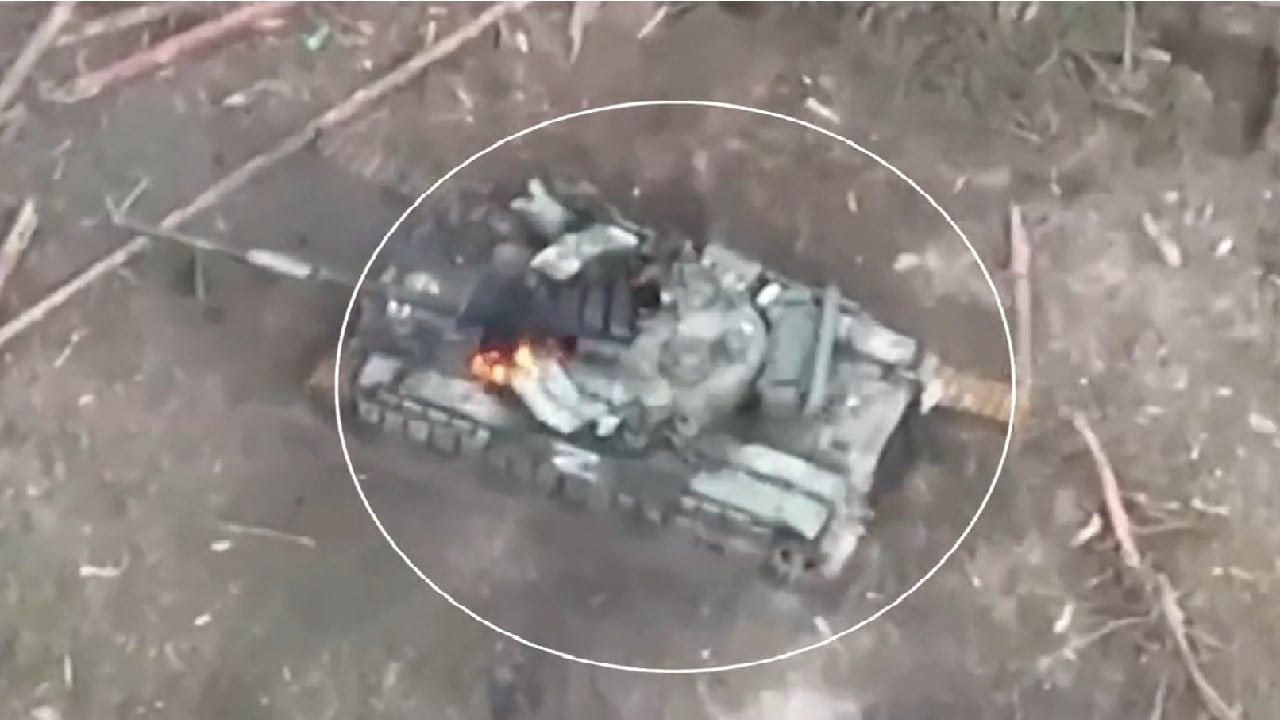Seventy-eight percent of all Ukrainians believe that “all Russians” are responsible for the war, according to a recent poll.
Russians, ironically, agree. In February 2022, 68 percent of Russians supported the “actions” of the Russian armed forces in Ukraine. One year later, in February 2023, the number was 77 percent. In July 2023—75 percent. The percentage has remained in that range for the last year and a half, testifying to a remarkably stable degree of Russian support.
The percentages vary only slightly when it comes to age, sex, place of residence, and news source
Thus, 63 percent of 18-24-year olds support the war, in contrast to 83 percent of the 55-year old and older cohort. One expects potential soldiers to be less enthusiastic about dying in a trench than senior citizens, but 63 percent remains shockingly high.
Men and women are almost in complete agreement, with 78 percent of the former and 72 percent of the latter supporting the war. As are residents of Moscow (80 percent) and villagers (74 percent). Eighty-six percent of people who trust the news they get from state-controlled television support the armed forces in Ukraine—no surprise there—but so do 61 percent of those who trust nobody.
But it gets worse. According to another poll, 66 percent believe the country is moving in the right direction, and a whopping 82 percent approve of Vladimir Putin’s “activity” as president, in contrast to a mere 75 percent in February 2022.
What is most striking about these numbers is, of course, their magnitude, but also their stability and invariance. Large majorities of all Russians have supported, and continue to support, the war, the army, and Putin during the entire duration of the fighting. Apparently, it doesn’t matter whether the Russian army is winning or losing, whether Putin looks ill and incompetent, and whether Ukrainians are being killed on the battlefield or slaughtered in torture chambers. Come what may, Russians support the war—with something approaching enthusiasm.
Since it is no longer possible—if it ever was—to claim one didn’t know of the genocide, the war crimes, and the crimes against humanity, the constancy of Russian attitudes means that Ukrainian perceptions of “all” Russians’ being guilty are fundamentally correct.
When the war ends, Russians will have an enormous moral burden to bear for decades. Like Germans after World War II and the Holocaust, they will have to come to grips with the fact that their behavior during the genocidal war was shameful, sinful, and ultimately evil.
Atonement will take years.
As will a revival of self-respect.
Dr. Alexander Motyl is a professor of political science at Rutgers-Newark. A specialist on Ukraine, Russia, and the USSR, and on nationalism, revolutions, empires, and theory, he is the author of 10 books of nonfiction, including Pidsumky imperii (2009); Puti imperii (2004); Imperial Ends: The Decay, Collapse, and Revival of Empires (2001); Revolutions, Nations, Empires: Conceptual Limits and Theoretical Possibilities (1999); Dilemmas of Independence: Ukraine after Totalitarianism (1993); and The Turn to the Right: The Ideological Origins and Development of Ukrainian Nationalism, 1919–1929 (1980); the editor of 15 volumes, including The Encyclopedia of Nationalism (2000) and The Holodomor Reader (2012); and a contributor of dozens of articles to academic and policy journals, newspaper op-ed pages, and magazines. He also has a weekly blog, “Ukraine’s Orange Blues.”
From 19FortyFive
Footage Shows World War I Guns Being Used in Ukraine
‘Vacuum Bombs Destroyed’: Ukraine Footage Shows Putin’s Thermobaric Rockets Destroyed
BOOM! Ukraine Video Shows Precision Strike on Russian Air-Defense System

